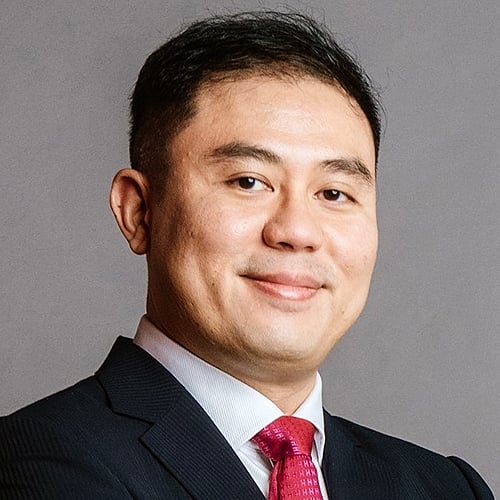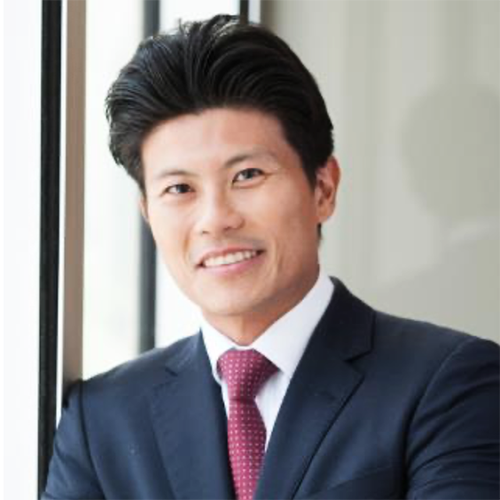Europe’s new rules requiring fund managers to assess and disclose the environmental, social and governance (ESG) details of financial products took effect last month. The new statutes are intended to make it easier for investors to better comprehend how ESG and sustainability feature in their investments, while increasing transparency.
A key component of the Sustainable Finance Disclosure Regulation (SFDR) is to make it harder for issuers of investment products that have sustainable investment objectives to “over-articulate” their ESG credentials.
The directives have also been crafted to suppress the risk of greenwashing by participants in financial markets, or when a company devotes more time and money on promoting itself as environmentally responsible, rather than actually reducing its environmental impact.
Reputable issuers of ESG focused products should already have a well-established strata of internal compliance that eliminates such ambiguity, but lapses can still happen, causing damage to a firm’s green credentials.
Unscreened assets
Fund management giant Vanguard recently amended the product disclosure statement of its Vanguard Ethically Conscious Global Aggregate Bond Fund, after a review exposed unscreened assets in the fund.
The fund is based on a combined benchmark from Barclays, Bloomberg and the ratings and index provider MSCI. MSCI was thought to have screened out and excluded inappropriate index constituents, but during a review by Vanguard, was found not to have purged all unsuitable assets in the fund. Vanguard acted promptly and duly amended the product disclosure statement.
Although lagging their European counterparts in implementing their own SFDR, Asian regulators are also working towards implementing regulations for asset managers as part of the process of incorporating ESG standards into the industry in the region.
But with jurisdictions in the region moving at vastly different paces on tackling ESG issues, it is unlikely that a set of Asia-wide rules will be rolled out anytime soon.
Sustainable investment
Singapore-based digital wealth adviser Endowus, which recently launched new ESG-themed portfolios aimed at retail investors, agrees.
“While it is in the regulators’ interest to introduce new rules and regulations to better standardize and regulate ESG assessment frameworks, we are of the view that it is unlikely for regional central banks to adopt their own frameworks but to align themselves to global, more experienced ESG investment markets to convene on responsible investing strategies and consolidate meaningful data for the future,” a company spokesman tells The Asset.
Meanwhile according to survey findings recently released by Natixis Investment Managers, (NIM), more financial institutions are deploying a broader range of ESG strategies to meet the rising demand for sustainable investment.
Approximately three-quarters of professional investors, including 72% of institutional investors and 77% of the gatekeepers who select funds for their firm’s investment advisory platform, are now implementing ESG, up from 61% and 65% respectively in 2018.
Commenting on the survey, Madeline Ho, NIM’s chief executive officer for Singapore and head of wholesale fund distribution for Asia-Pacific, says: “In Singapore, we see a growing demand with the majority (77%) of individual investors surveyed stressing the importance of making investment decisions that are aligned with their personal values, along with a third (35%) of the finance professionals surveyed in Singapore who say that clients have increasingly asked about ESG in the last 12 months.”
More than half of professional investors surveyed by NIM, including 53% of institutional investors and 55% of fund selectors, also agree that companies with better ESG track records generate better investment returns.









